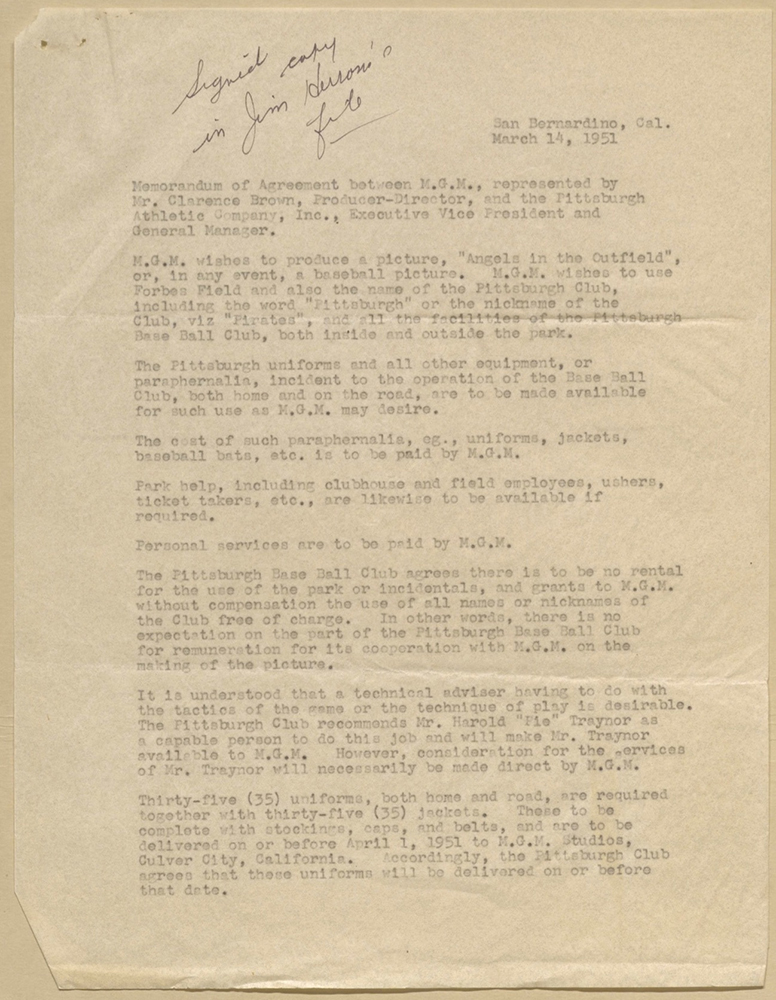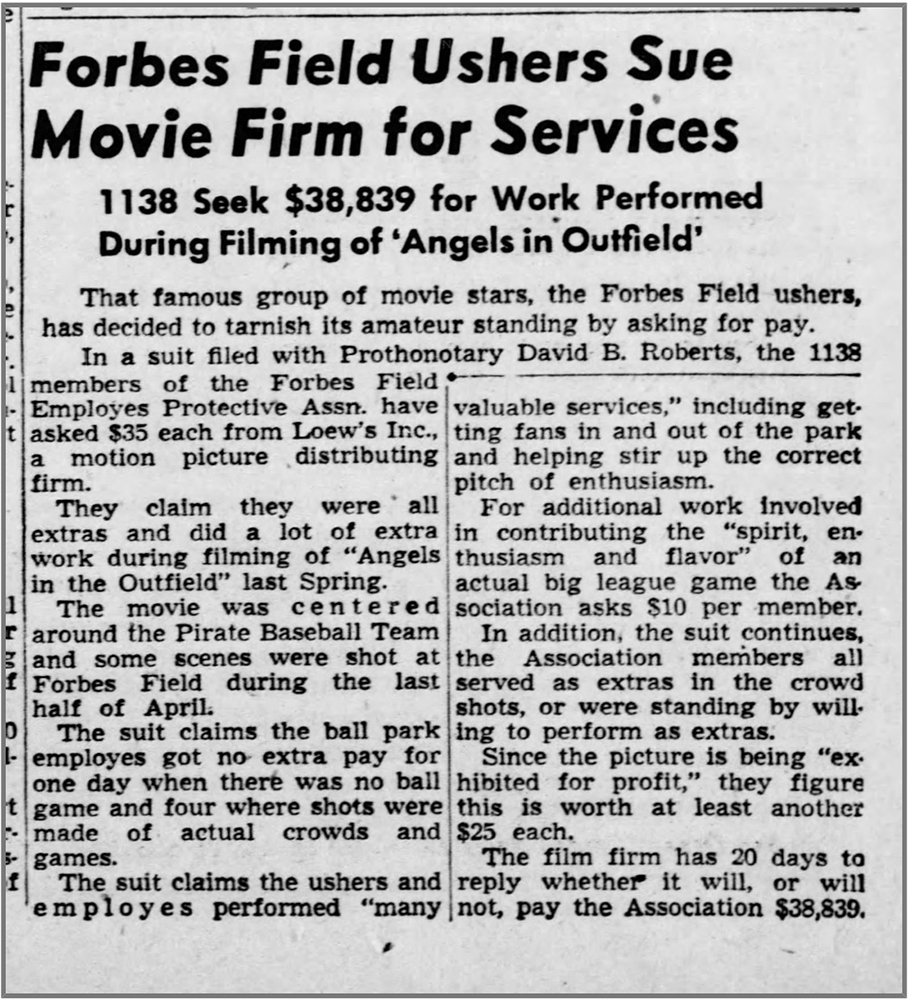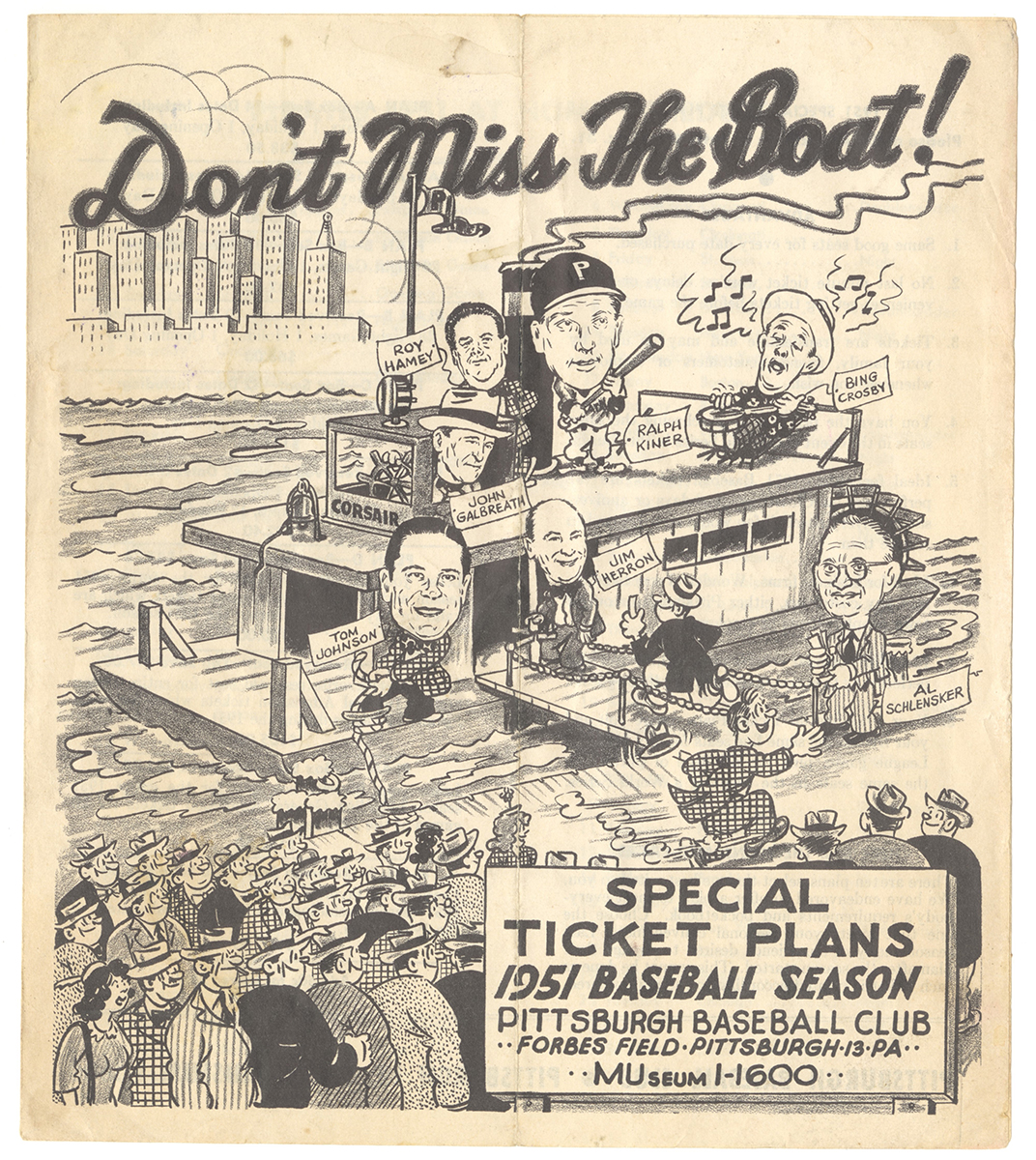Ever wish you could see one last baseball game at Pittsburgh’s historic Forbes Field? Well, the 1951 feature film “Angels in the Outfield” offers the next best option.
The lighthearted movie, filmed on-location in the Oakland neighborhood of Pittsburgh, tells the story of a fictitious manager of the Pittsburgh Pirates who changes his blasphemous ways and leads his team to a World Series win with the help of some baseball-playing angels. While the characters – as well as the World Series win – are imaginary, the majority of the film is authentic and serves as an accurate portrayal of baseball life at Forbes Field.
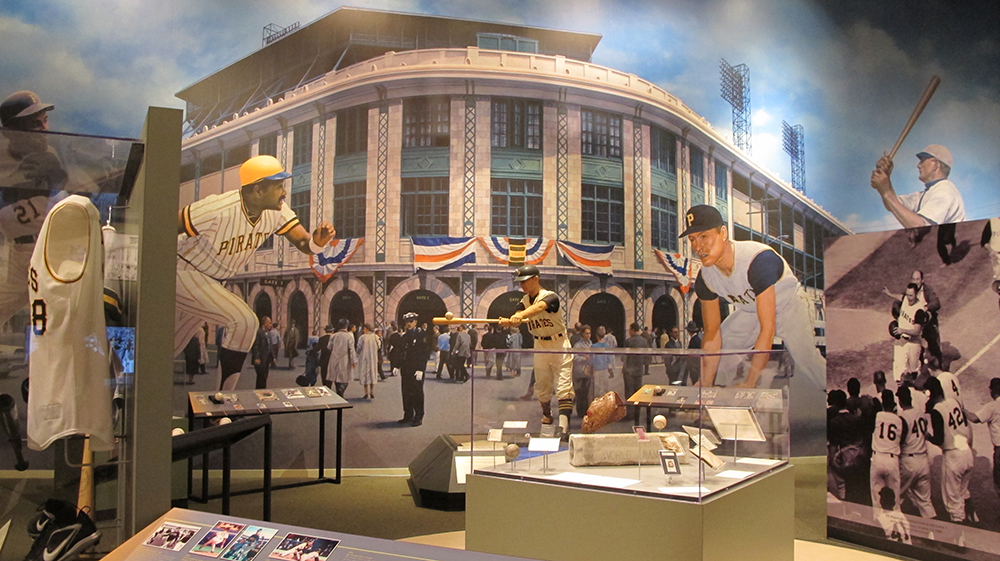
When Bing Crosby, part owner of the Pittsburgh Pirates, and the Metro-Goldwyn-Mayer production company (MGM) bought the rights to the script, the Pirates were a front-runner for the story. General Manager at the time, Branch Rickey, led a strong campaign for the team, suggesting that the film could help bring the Pirates out of their current funk. Ultimately, the Pittsburgh Pirates were chosen as the title team for the film.
The decision to film on-location in Pittsburgh was another big win for the team and the city. The project reinvigorated Pittsburghers’ excitement for the Pirates and even allowed them to participate as extras. The agreement between MGM and the city was mutually beneficial. In a memorandum between MGM and the then Pittsburgh Pirates manager Bill Meyer, it was agreed upon that MGM would have full use of the Forbes Field facilities, Pirates uniforms, equipment, and park staff while filming. All of this would be free of cost to the studio, as long as they agreed to host the world premiere of the film in Pittsburgh. The terms were accepted and production began in early 1951.
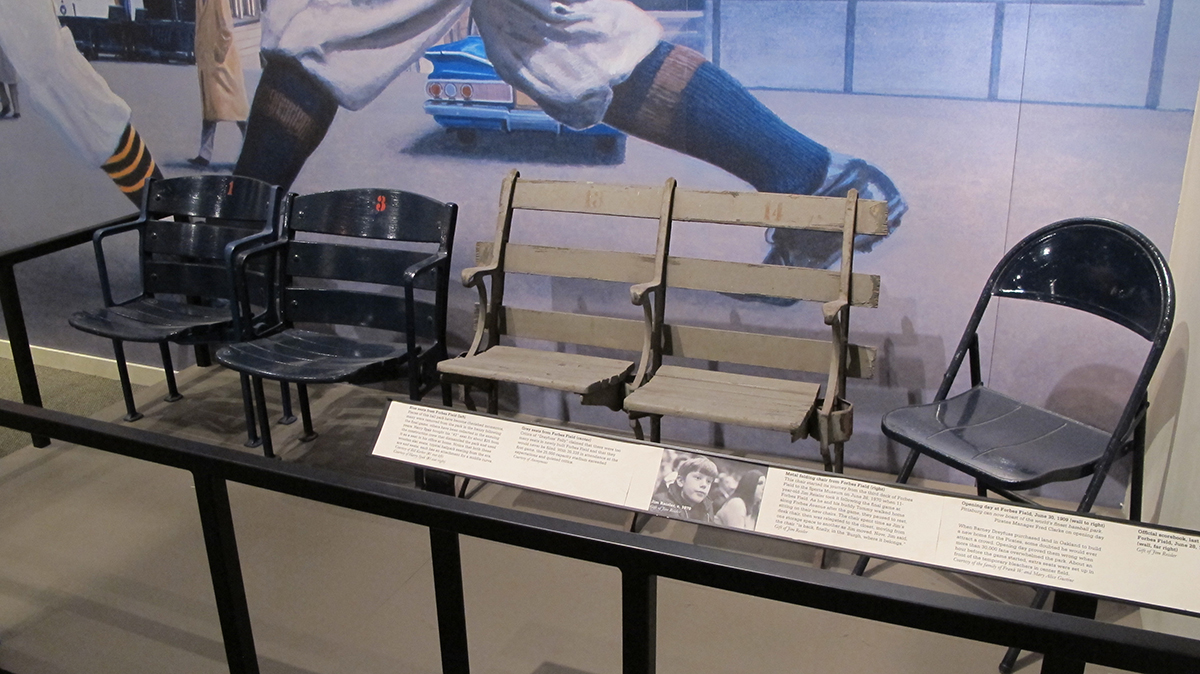
As it turns out, MGM used more than just the stage setting of Forbes Field. To create realistic baseball plays for the film, the director chose to film actual games between the Pirates and opposing teams. In fact, almost all of the baseball footage shown in the movie is footage of the actual Pirates team. The crowd, by default, is an actual game day crowd. In scenes involving the film actors playing baseball, Pirates legend Pie Traynor was brought in to provide guidance on authenticity and accuracy. So, with the use of actual footage, actual crowds, actual uniforms, and actual Pirates, the film is a pretty spot-on representation of a ballgame at Forbes Field.
Not everyone was 100 percent behind the film’s Oakland takeover, however. Shortly after the release of the film, 1,138 Forbes Field ushers sued the Loew’s Inc. distribution company for $35 each, claiming they were not paid for five days of filming at Forbes Field. Those five days included one day when a game was not being played and four days when the actual Pirates were playing a game. In both situations, the ushers were not paid for their “many valuable services,” including, but not limited to, riling up the crowd and moving people in and out of the stadium.
Adding to the Pittsburgh film’s notoriety was the Crosby connection – Bing Crosby, that is. As a producer of the film and part owner of the Pittsburgh Pirates, Crosby had a pretty big stake in the project. He was one of the main reasons why the Pittsburgh Pirates were chosen as the team to be featured in the film. Crosby even appeared in a segment of the film, “Everyone was talking about Angels,” along with Joe DiMaggio, Ty Cobb, and Harry Ruby. Although Crosby was not a native Pittsburgher, he adopted the city as his own following his Pirates purchase in 1947. In fact, we have Crosby to thank for one of the only known full recordings of the Pirates’ epic 1960 World Series win. A nervous and superstitious fan, Crosby arranged to have a tape of the game’s broadcast made for him, while he listened far away in Paris. This DVR-esque recording, long lost in the Crosby wine cellar for decades, was rediscovered in 2009.
Thanks to Bing Crosby and Branch Rickey, Pittsburgh was given the chance to star in a feature film and win a fictional World Series. Although a popular Disney remake of the same name was made in 1994 featuring the Anaheim Angels, the original version is the real MVP. More than 60 years later, the film is a nostalgic reminder of the days when Forbes Field dominated Oakland, baseball uniforms were made out of wool, and nuns and orphans frequented ballgames.
Monica Marchese was the Milton Fine Curatorial Fellow in the summer of 2017 with the museum division at the Heinz History Center. You can read more about her experience at the University of Pittsburgh’s Constellations blog.
